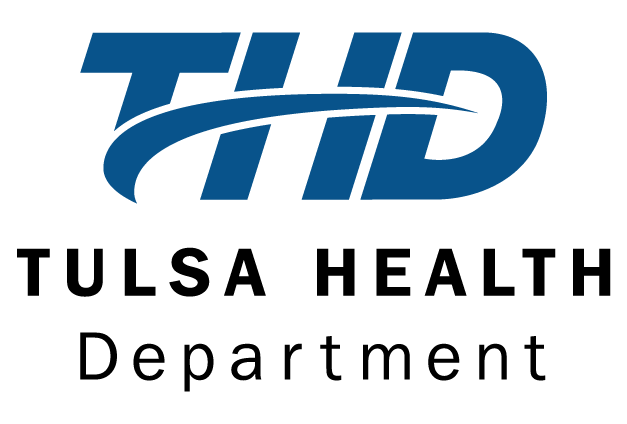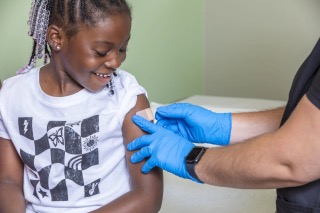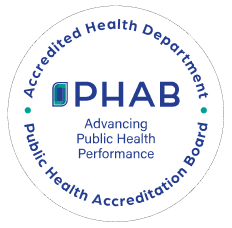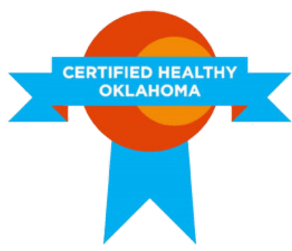Earlier this year, Tulsa Health Department leadership made a decision to heighten the importance of health equity. Equity is the absence of avoidable, unfair, or remediable differences among groups of people, whether those groups are defined socially, economically, demographically or geographically or by other means of stratification. “Health equity” or “equity in health” implies that ideally everyone should have a fair opportunity to attain their full health potential and that no one should be disadvantaged from achieving this potential.
In January and February of this year, the Tulsa Health Department required all employees to participate in a health equity workshop, facilitated by the THD Chief Operating Officer, Reggie Ivey. The last scheduled training date was on Friday, March 6, but it was cancelled due to the onset of COVID-19. This Department would be remiss if we did not acknowledge what has happened across the United States over the last week as relates to the death of George Floyd. On May 25, Mr. Floyd lost his life while in the custody of Minneapolis police. We know that many of you have seen the video that was shared widely via social and other media formats. Some are angry and heartbroken at the death of Mr. Floyd. Subsequently, peaceful protests in more than 20 states and 40 communities have ensued, even here in Tulsa. Although there has been some looting, it should not overshadow the thousands of diverse people that have demonstrated peacefully.
As public health professionals, we are acutely aware of the significant and longstanding disparities in health outcomes among African Americans, American Indians and other Populations of Color (POC) in Oklahoma and elsewhere. These disparities are a symbol of deep systemic inequities that exist to prevent some communities from thriving and achieving optimal health. We also want to recognize the injustices that are perpetrated against those of us who are not Populations of Color. Whether it is due to your gender, age, economic status or the area in which you were born, we recognize that every person in this agency or this city may have been treated unjustly at some point in their lives. We oppose all forms of injustice.
In light of the COVID-19 pandemic, in several states and communities we have seen inequities clearly through disparities in health outcomes as a result of higher rates of illness and death due to this virus. We certainly have work to do in the Unites States to tackle these health inequities, but it is imperative that we, the Tulsa Health Department, do our part to first acknowledge there is a problem in order to identify solutions and mobilize to carry those solutions forward.
Many grieve for the disturbing and unnecessary death of Mr. Floyd, and some may not understand the anger, fear and frustration that so many in this country feel. Our leadership were strongly led to host these health equity presentations internally to our staff because they were so important to come to a place of understanding. We hope these conversations will help our employees be empathetic to the experiences of others that have historically been treated unjustly.
The Tulsa Health Department wants to be a part of the solution. We want to join with others to create just and equitable systems and institutions, unravel systemic inequities such as racism and discrimination and promote equitable distribution of resources and services that can reach communities that are most vulnerable. Civic action, education and advocacy have a successful history of bringing about change in our country and contribute to constructive dialogue. We can use these tools to advance health equity for all Tulsans, and be a catalyst to drive change in Oklahoma. The health, safety and security of Tulsa County depends on it.






